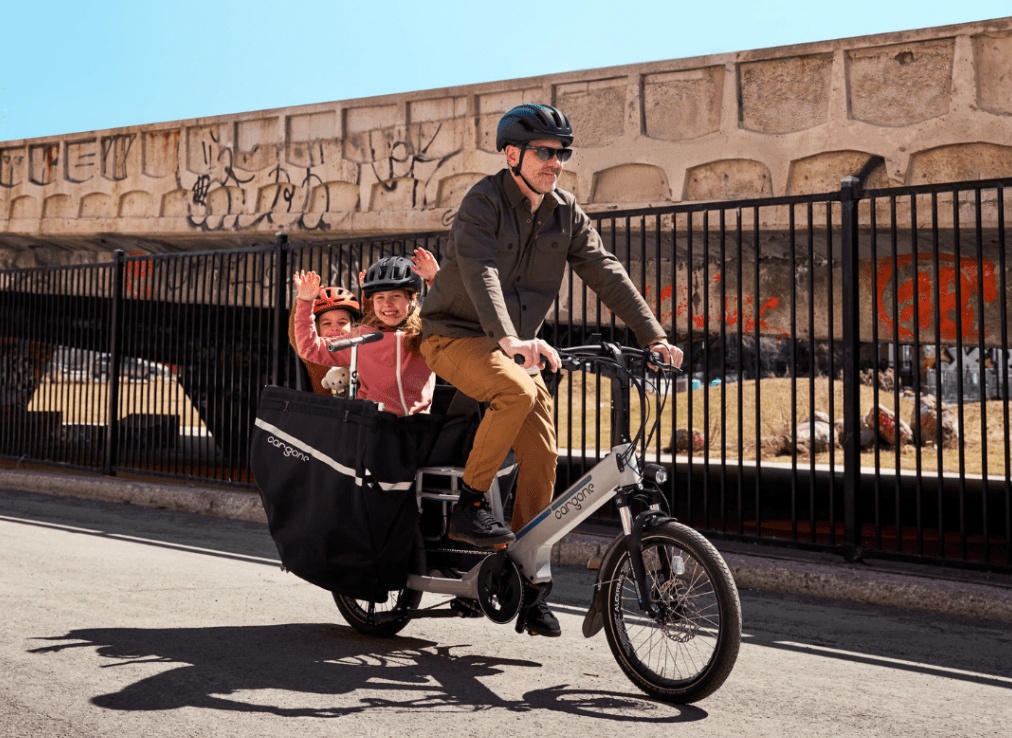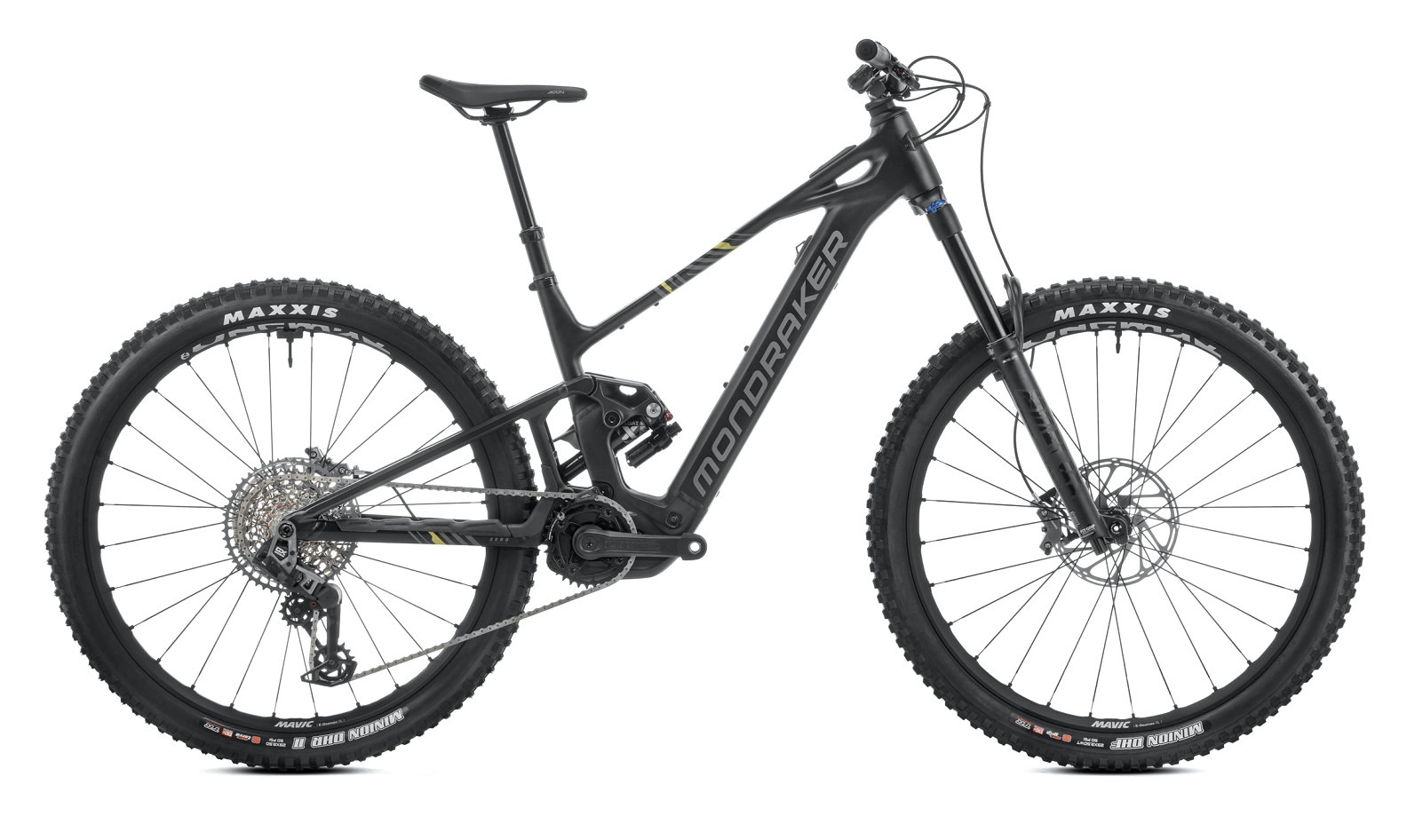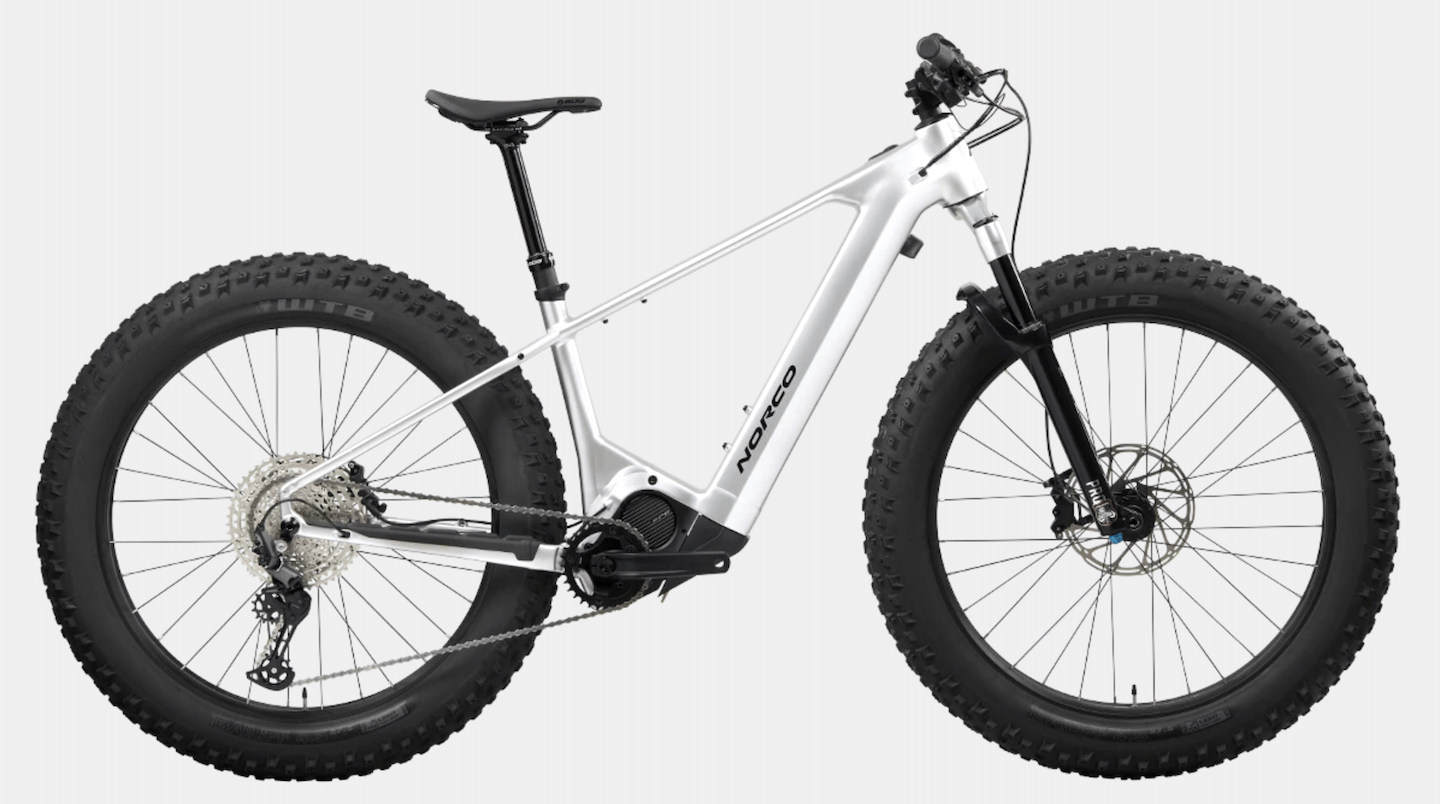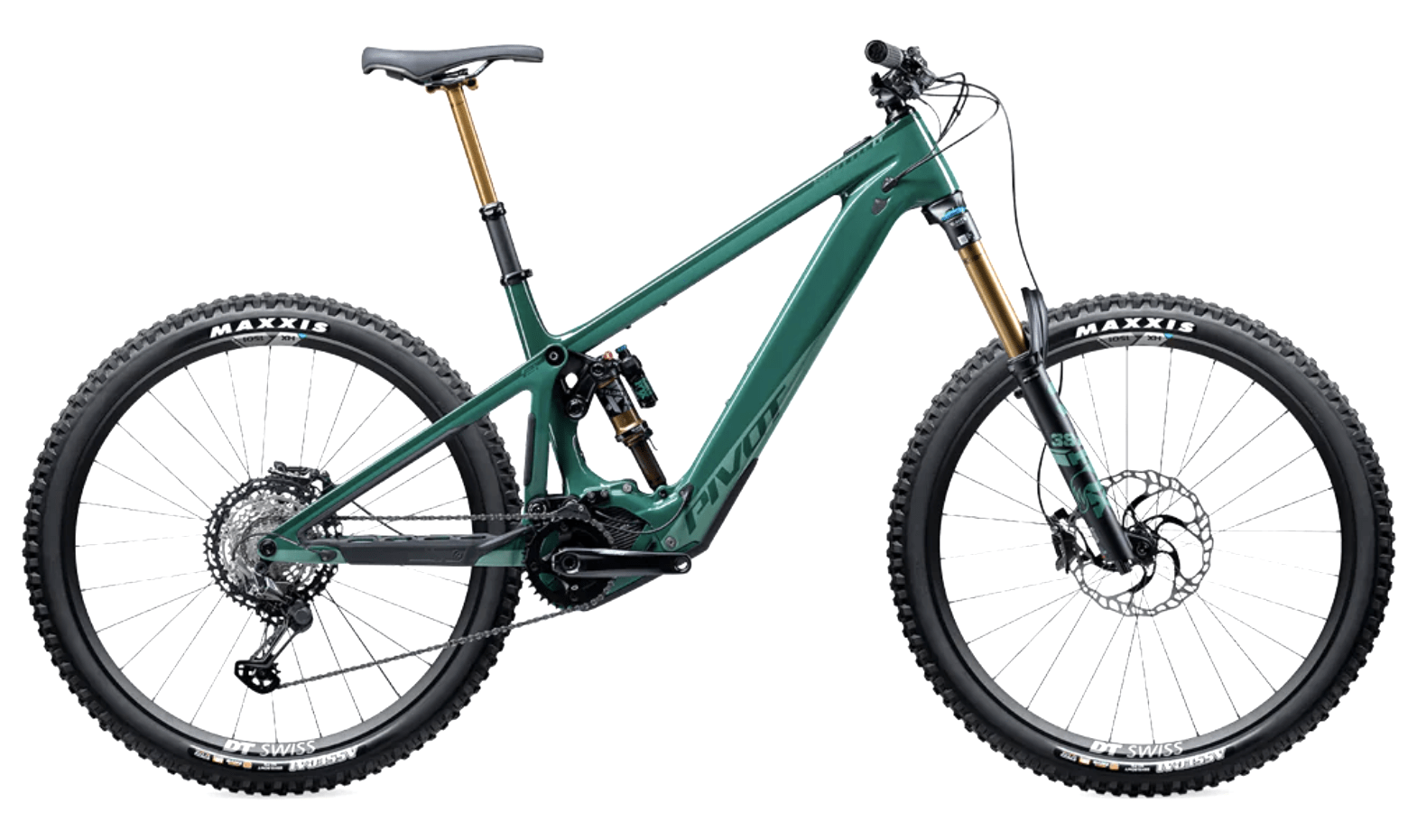August 9, 2020 - In October 2019, over 40 leaders within the cargo bikes and cycle logistics sector have come together under the first European Cargo Bike Cycle Logistics Experts Group (CBCLEG) to grow and develop the sector by promoting the clear potential of this sustainable mobility option for urban areas.
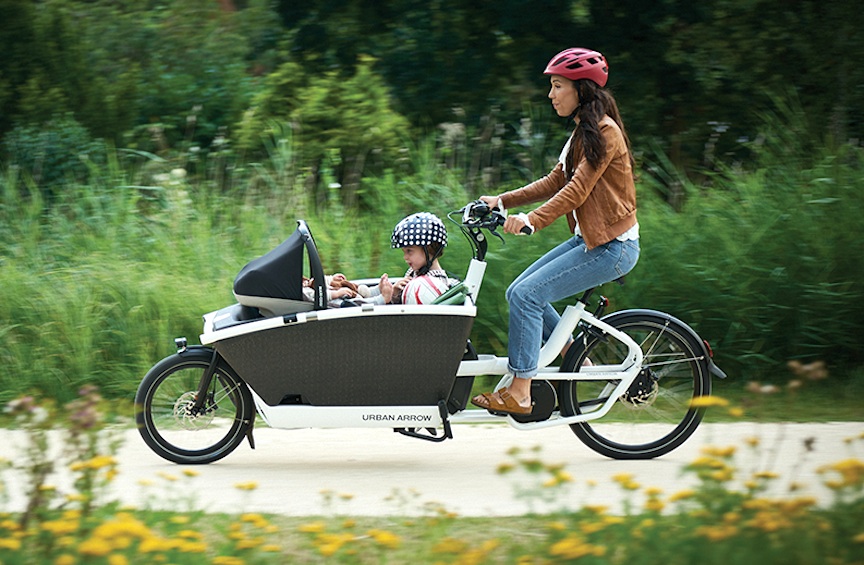
The CBCLEG operates under a partnership between CIE and ECLF under the support of the City Changer Cargo Bike Project (CCCB). This partnership is crucial to connect logistics companies with cycle industry, in particular cargo bike, companies, which is key to the main goals of this Expert Group; promoting cargo bike and cycle logistics as an integral component of the EU Cycling Strategy, for the climate-neutrality objective of the Green Deal and of the Sustainable Urban Mobility Policy, advocating to ensure that the sector is in the new Commission’s work programs and disseminating the market profile to encourage the necessary investment in cargo bikes and their after-sales services.
As cities increasingly struggle with traffic congestion, which brings not only air and noise pollution but also has significant impacts on health, the cargo bikes and cycle logistics sector comes in as a sustainable, practical, inclusive and non-congesting alternative for first- and last-mile deliveries, family vehicles and general logistical service provisions. For instance, cargo bikes have the potential to replace vans in 32% of delivery trips and 50% of service trips. There are already a multitude of cargo bike and cycle logistics success stories in cities around the world, such as New York City, Montreal, London, and Amsterdam. Last year in Germany, the sale of e-cargo bikes even surpassed the sale of e-cars. All these examples show the growth potential of the sector and have proven that boosting cargo bikes could benefit the quality of life of citizens, match the climate target goals in the transport sector and boost the economy through job- and opportunity-creation.
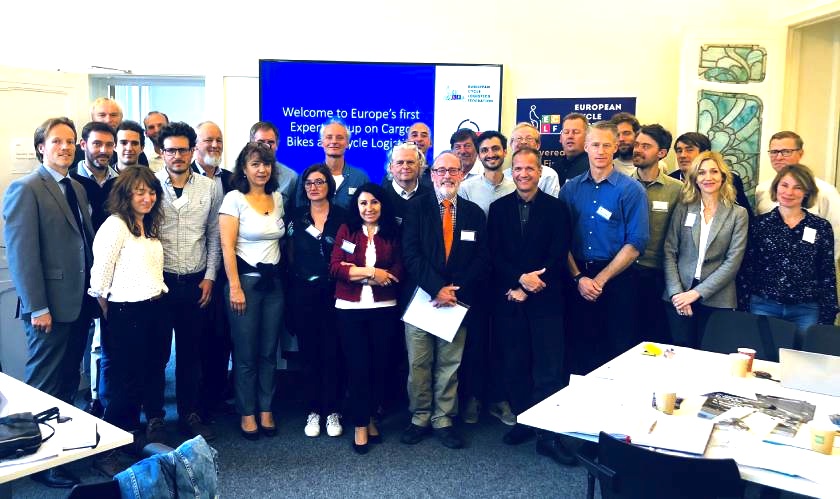
The CBCL Expert Group is led by ECLF Director Richard Armitage. The Expert Group met on 14th January 2020 to elaborate further on their goal to get cargo bikes to replace vans in 32% of delivery trips and in 50% of service trips; a potential that has been proven by research. Hosted by CIE and ECLF and supported by the City Changer Cargo Bike (CCCB) project, the twenty cargo-bike and cycle-logistics experts defined four priorities:
- Active participation in the development of the European standard (EN) for cargo bikes;
- Marketing & Communication;
- Financing the growth;
- Cycle logistics services & systems.
These priorities will be tackled in the following three Task Groups:
1- European standard (EN) for cargo bikes
The European Standardisation Organisation’s Technical Committee 333 (Cycles) established a working group on cargo bikes (CEN/TC 333/WG 9 Cargo Bikes). As a liaison partner of the European Standardisation Organisation (CEN), ECLF is represented by Arne Behrensen from cargobike.jetzt in the WG 9 on cargo bikes. Arne is also leader of Task Group 1 and will consult with ECLF members and CIE Experts Group about the industry input into the standardisation work.
2- Marketing & Communication
The purpose of Task Group 2 starts with Framing – creating a strong, coherent narrative for what cargo bikes can deliver for society, how they can be used and the benefits they bring. To break into the commercial vehicle sector there has to be a unified industry story about cargo bikes as light electric delivery vehicles that can replace vans.Task Group leader is Uwe Weissflog from Tern-inMotion.
3- Cycle logistics services & systems
Task Group 3 will work with all segments of the ECLF and CIE membership to establish the services and systems required to grow the cycle logistics sector. The Task Group will participate in the debates already under way about future urban logistics, and the role of municipalities in enabling zero emission deliveries to flourish. This work will encompass engagement with the key players in delivery and logistics, getting involved in the discussions about how they will complete their last and first mile drops in future.Task Group leader is Martin Schmidt from Cycle Logistics CL GmbH.
OBJECTIVES
- Effective sector leadership by facilitating sharing of expertise, collaboration and communication between sectors, which promotes the advance of knowledge and offers wider societal, policy and business benefits
- Creating a strong, coherent narrative for what bikes can deliver for society, how they can be used and the benefits they bring to increase visibility of the sector at market and EU-levels
- Predicting market sizes and trends in the consumer domestic, commercial and cyclelogistics markets to encourage funding and market opportunities and overall sector growth
- Significant advocacy work to make cargo bikes and cycle logistics an integral part of EU mobility strategies and EU Commission’s work programs
- Developing a European cargo bike standard







